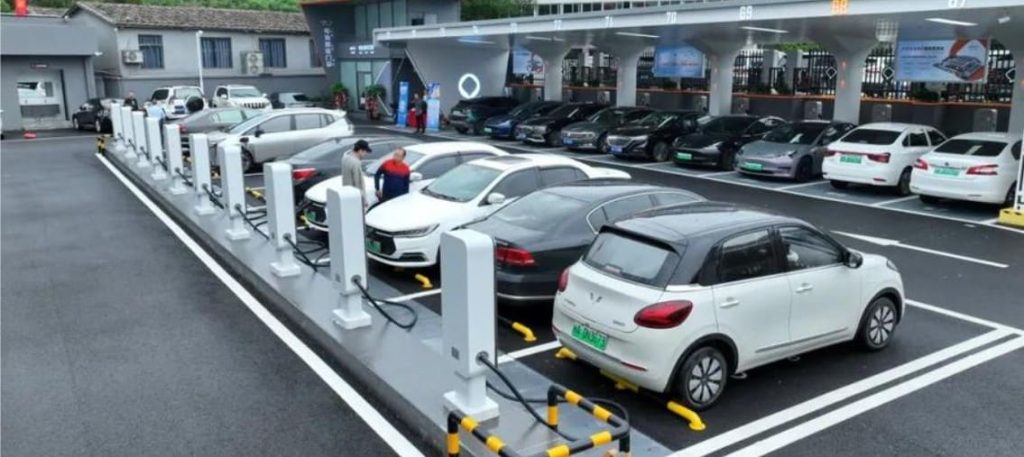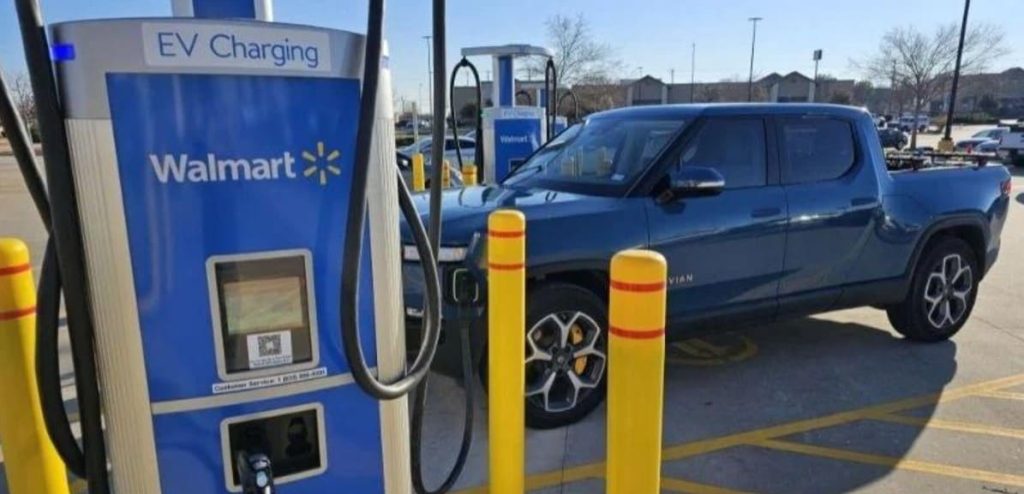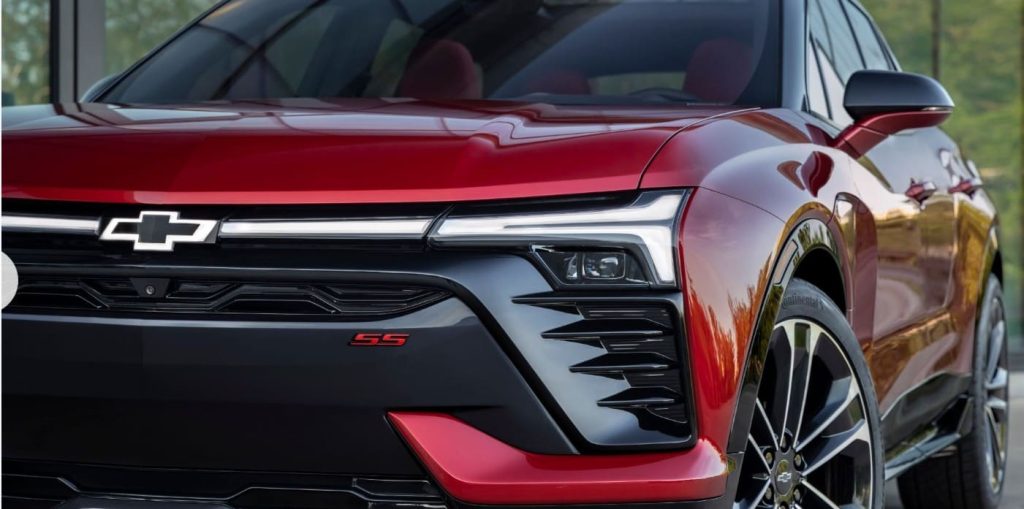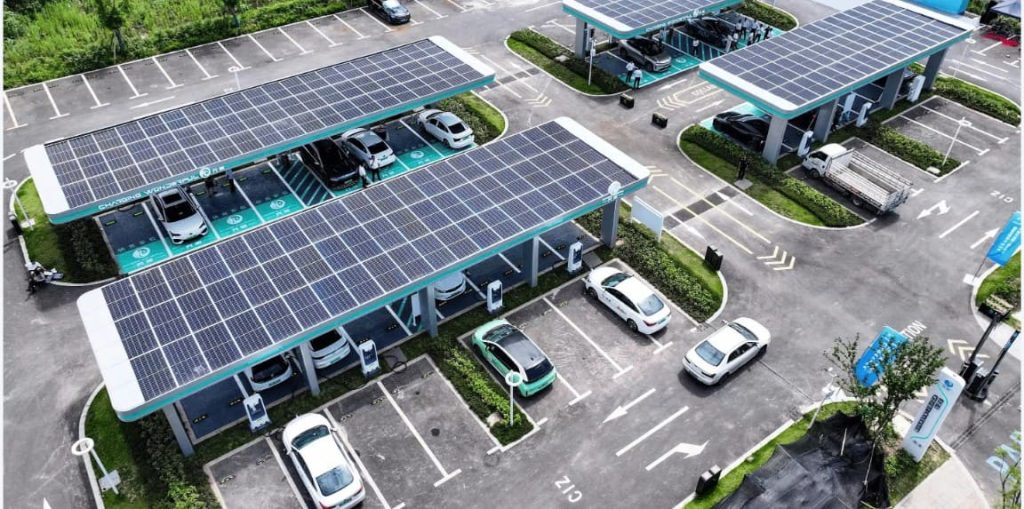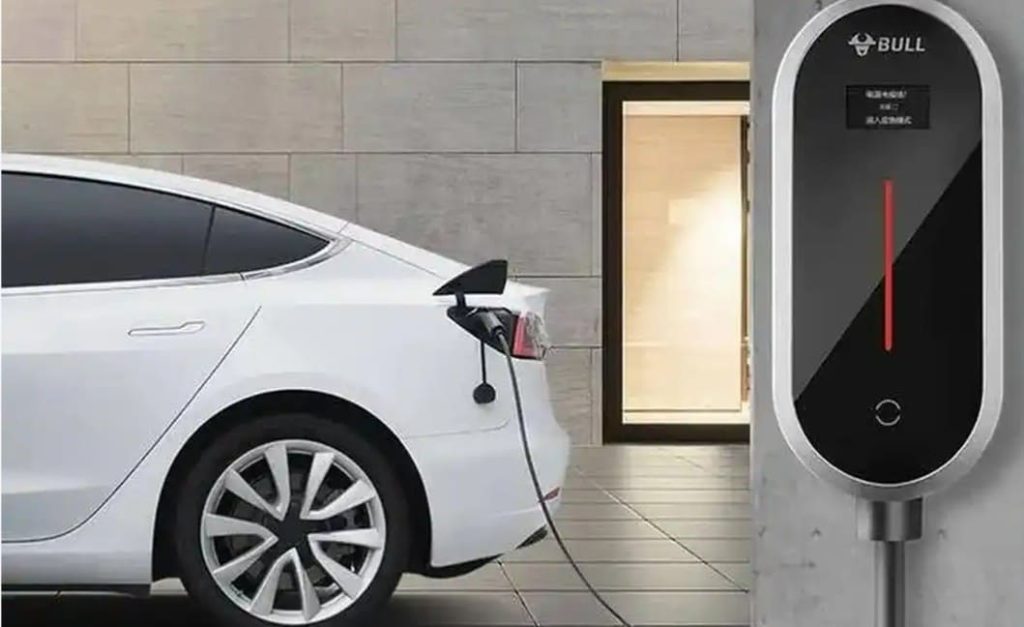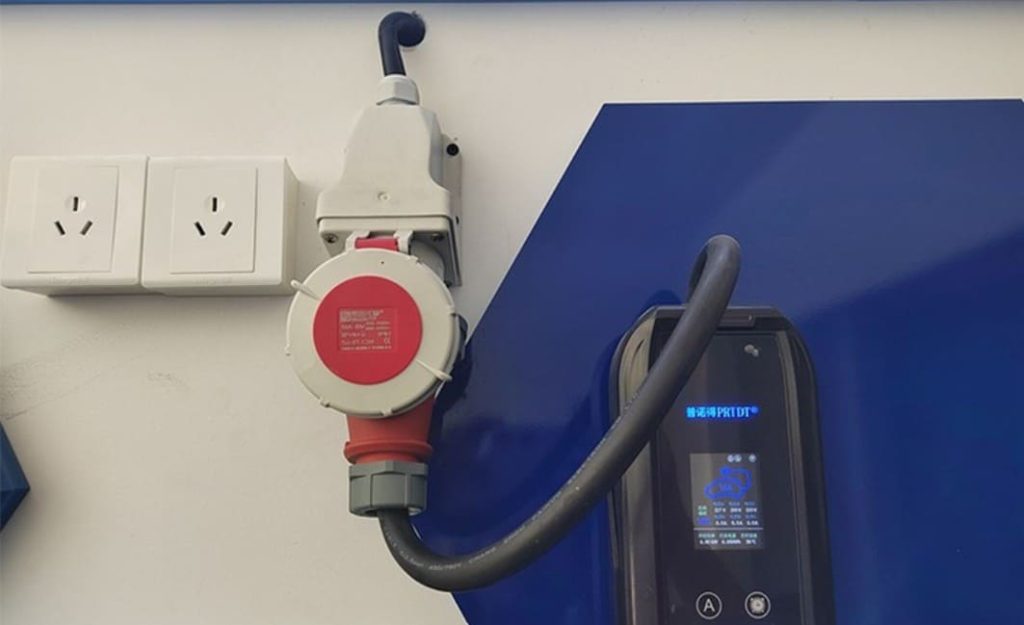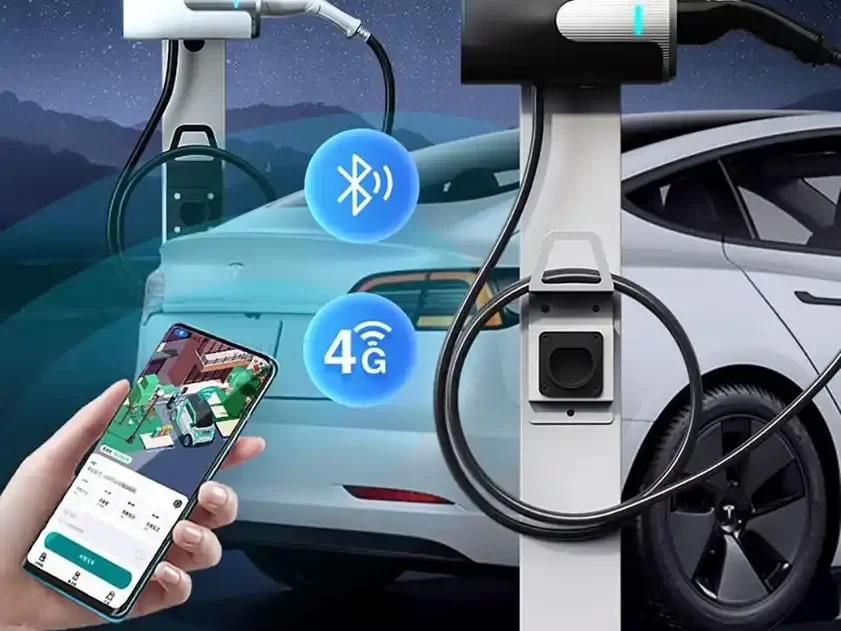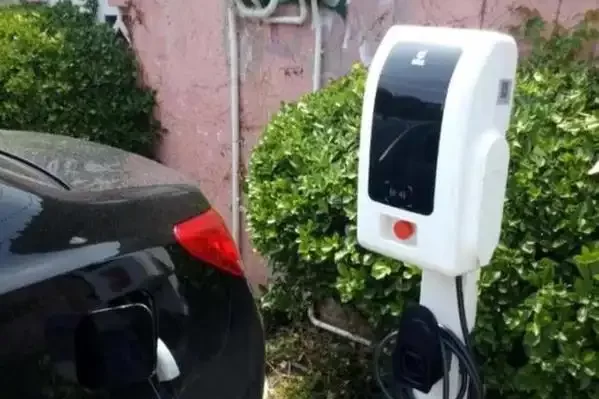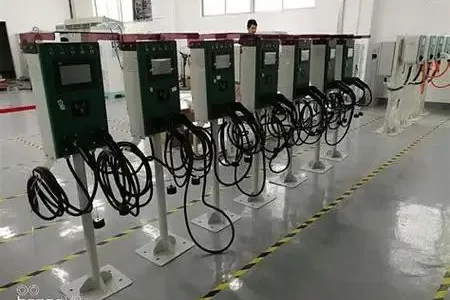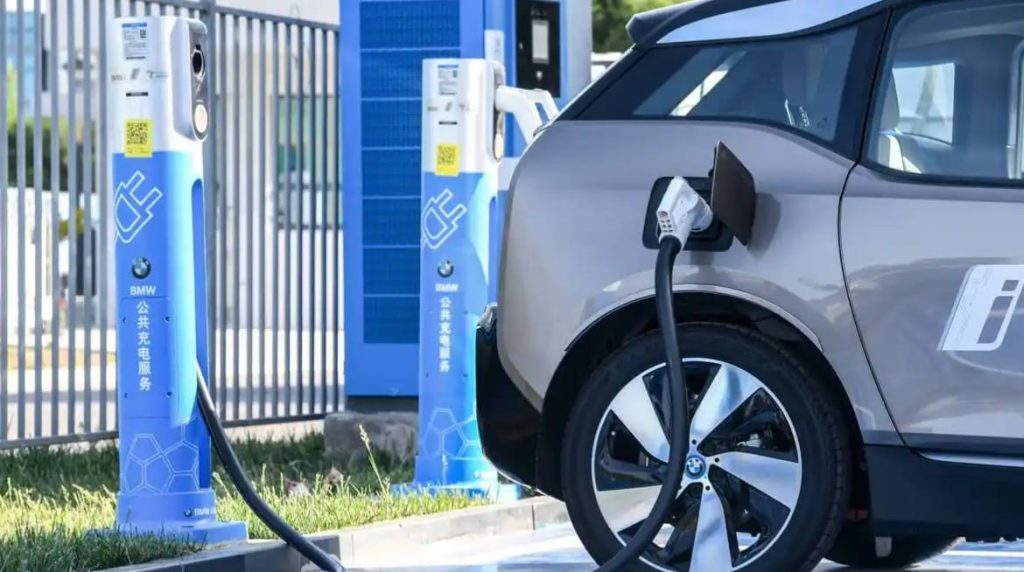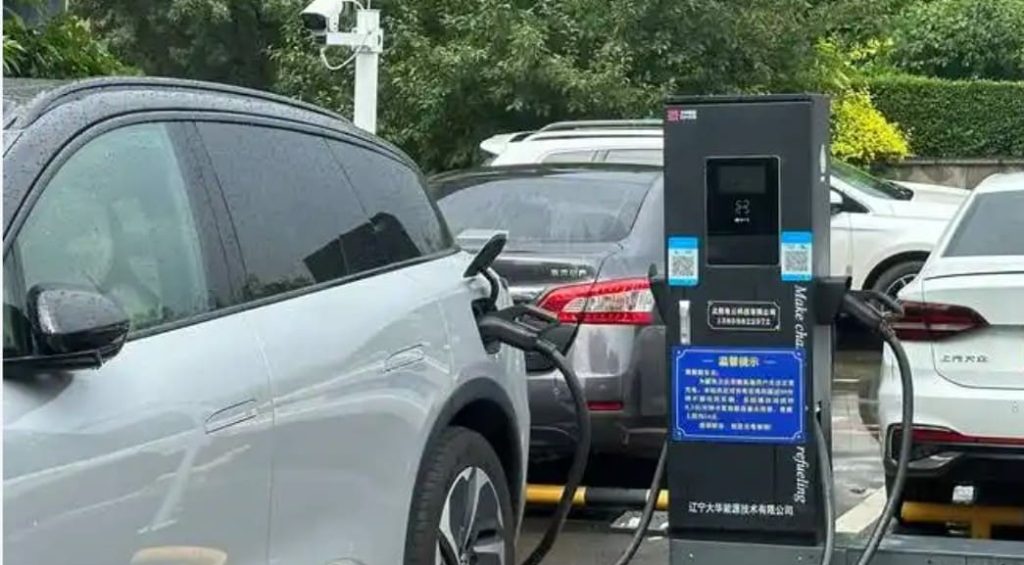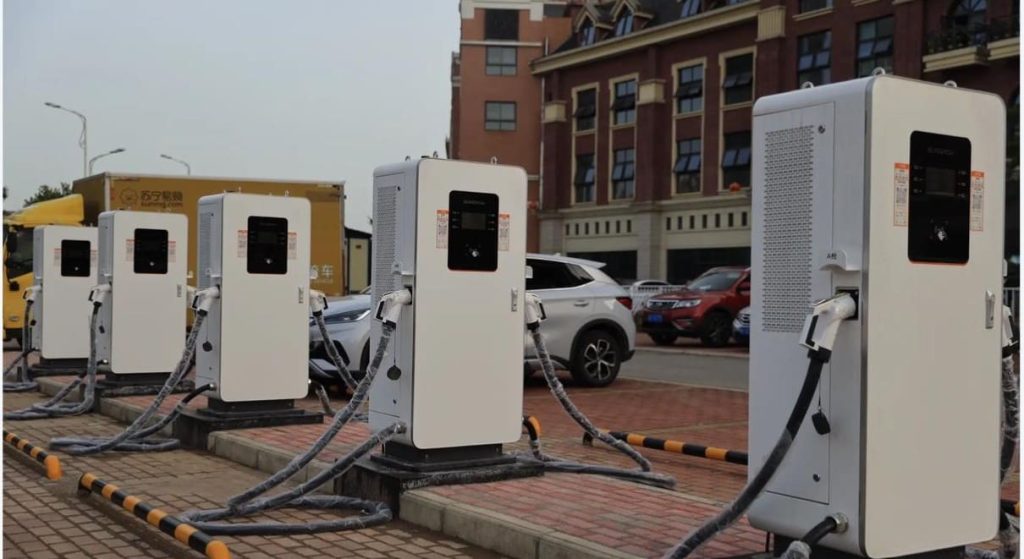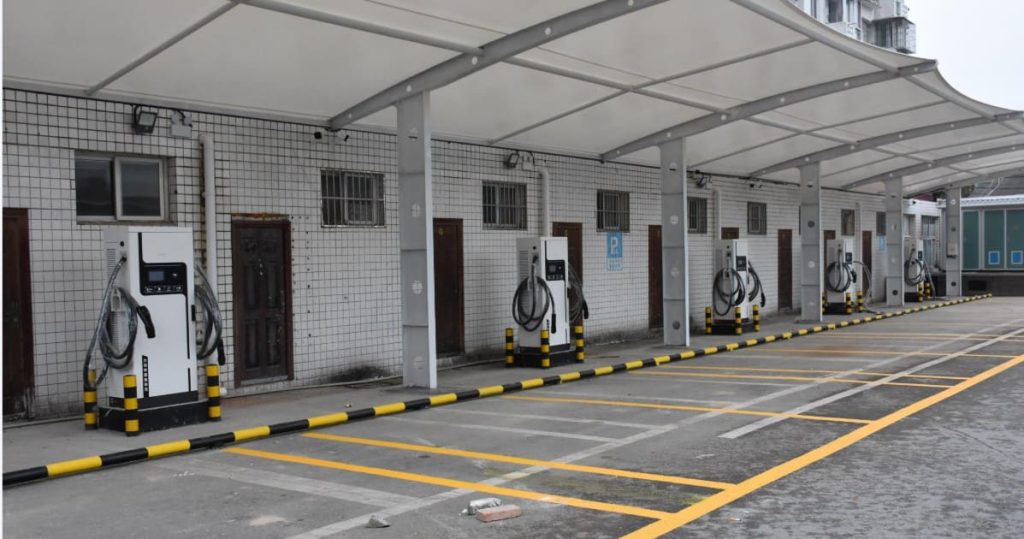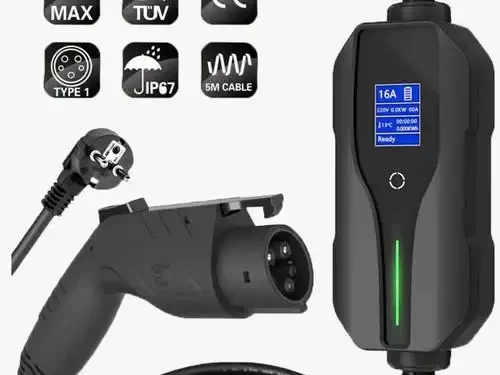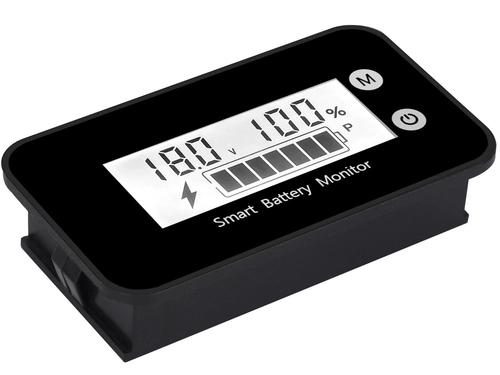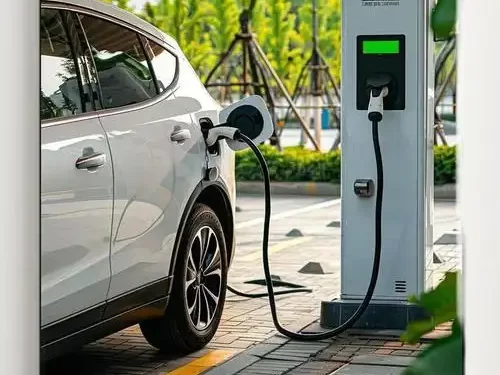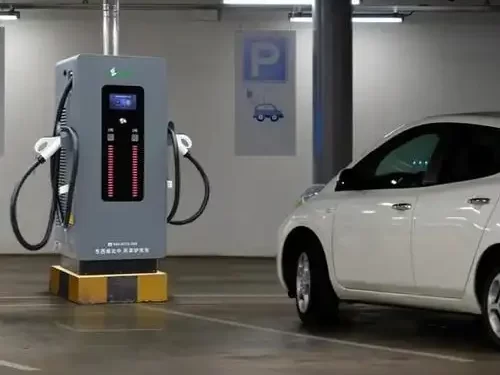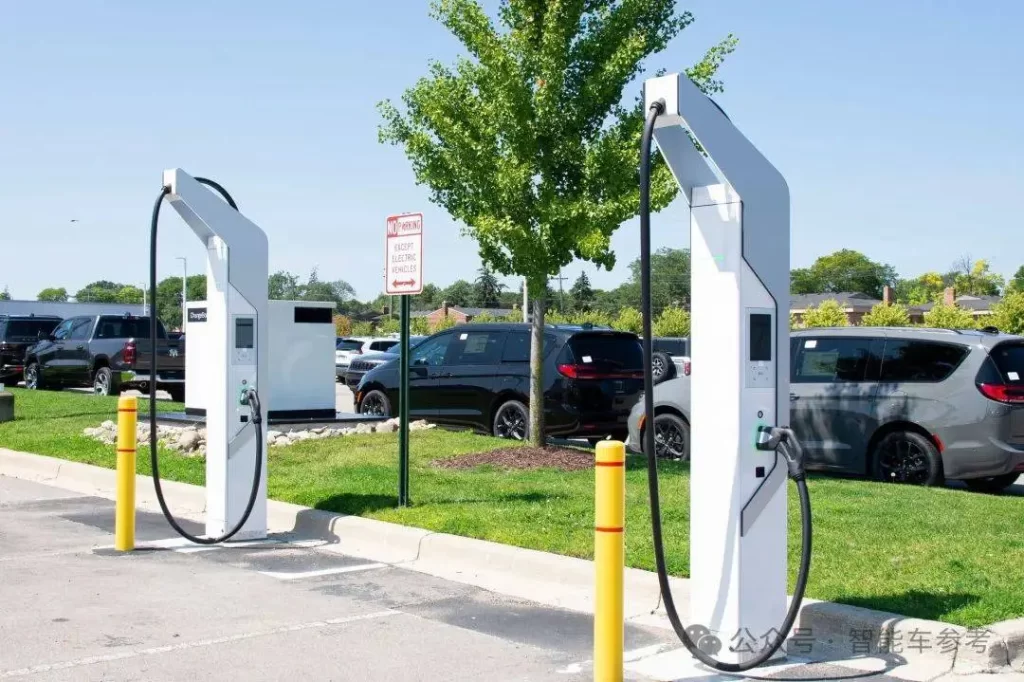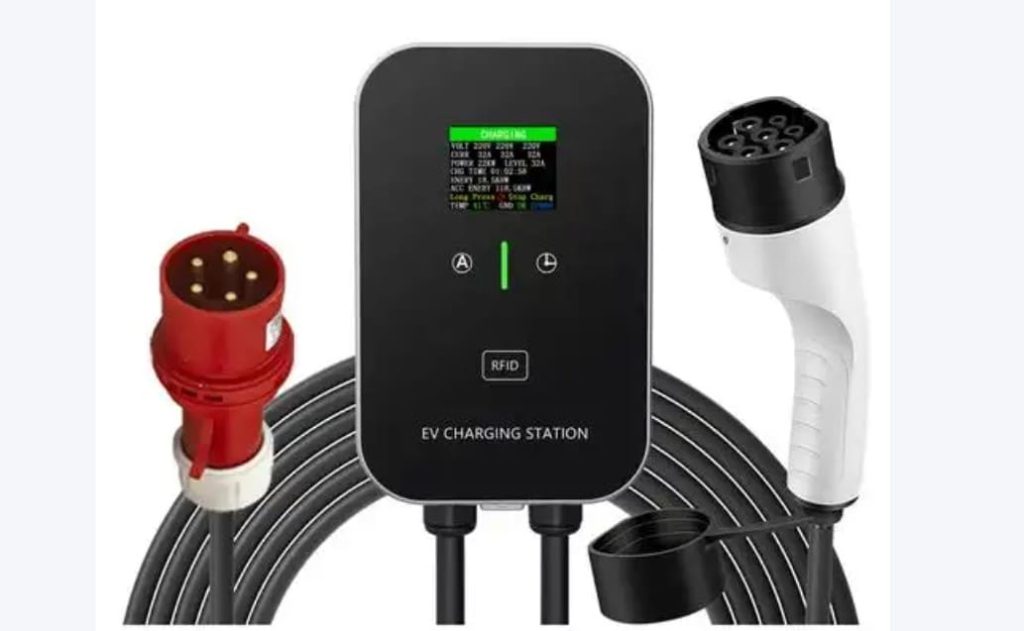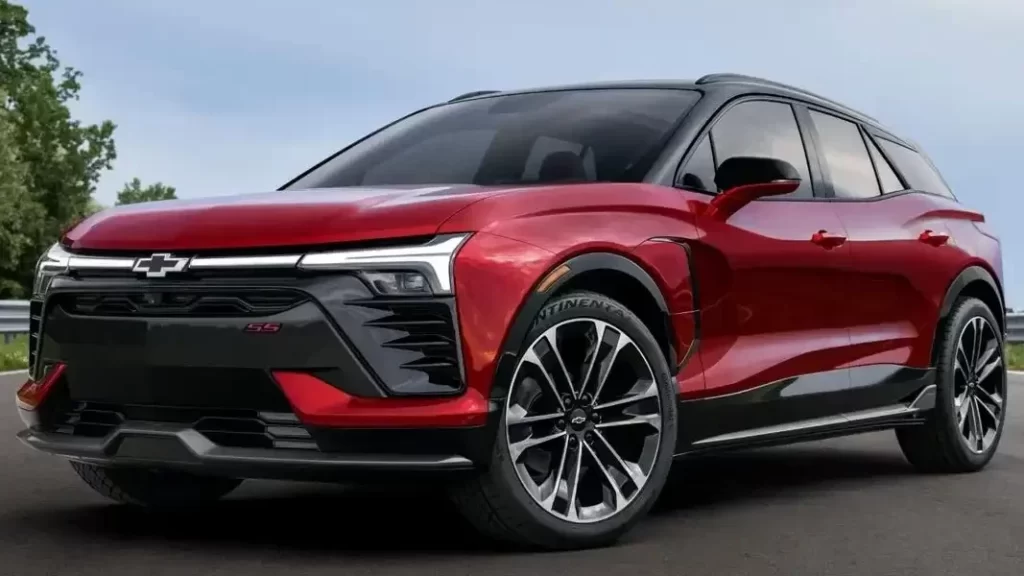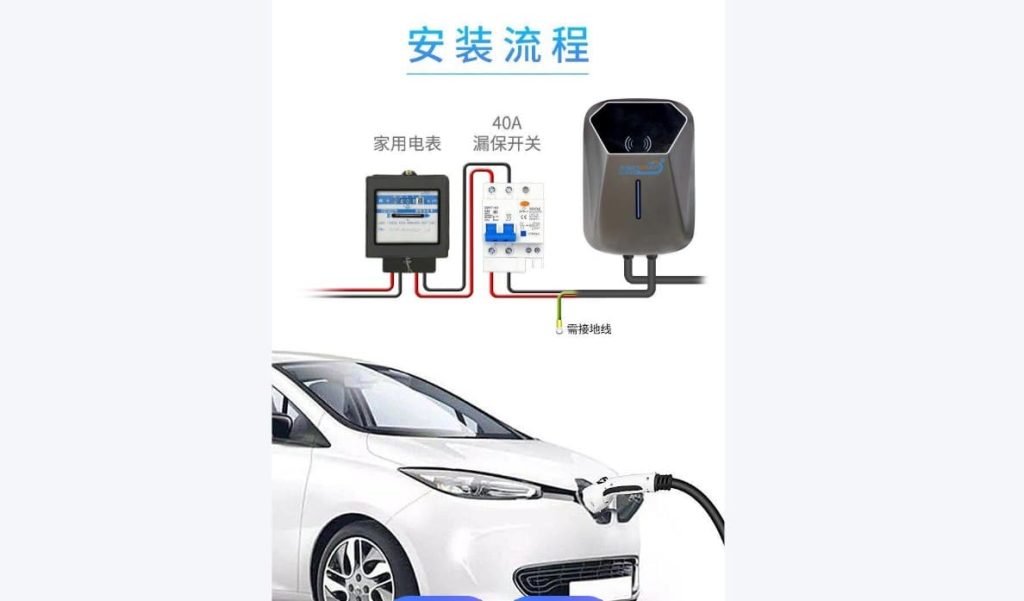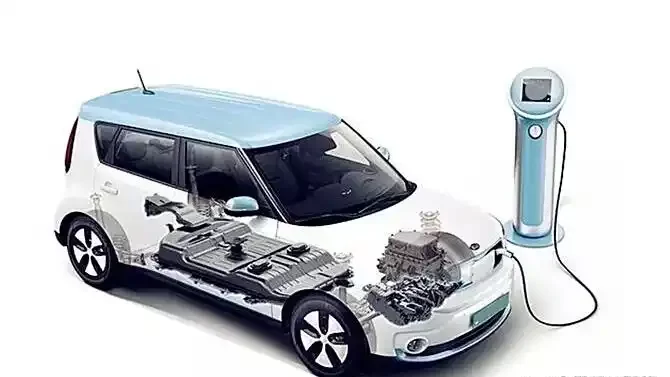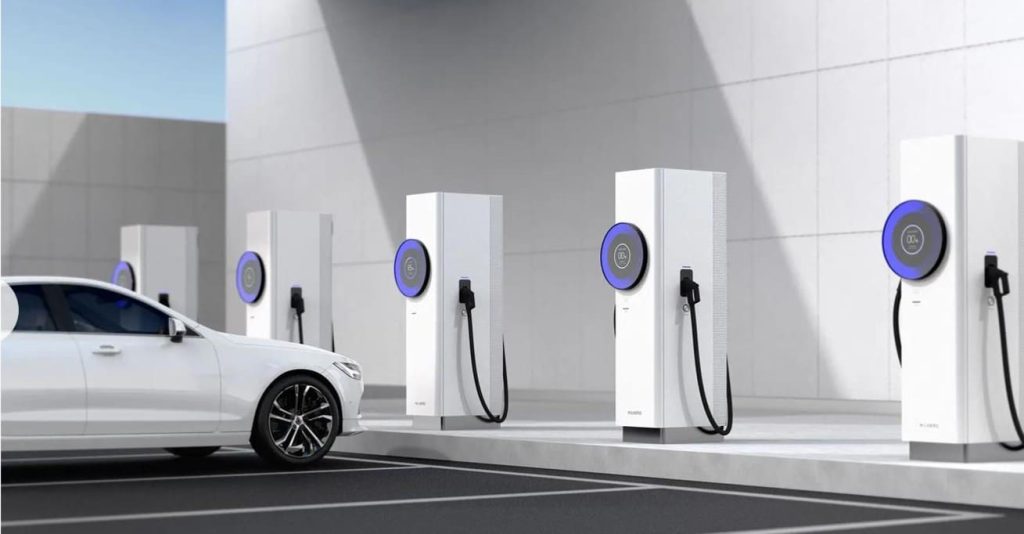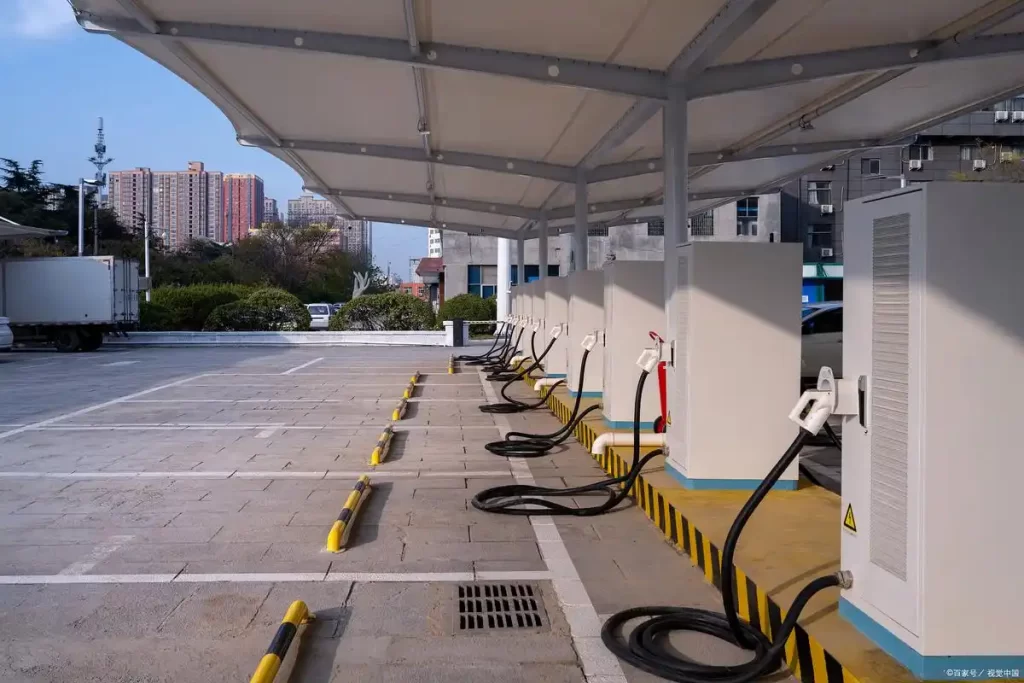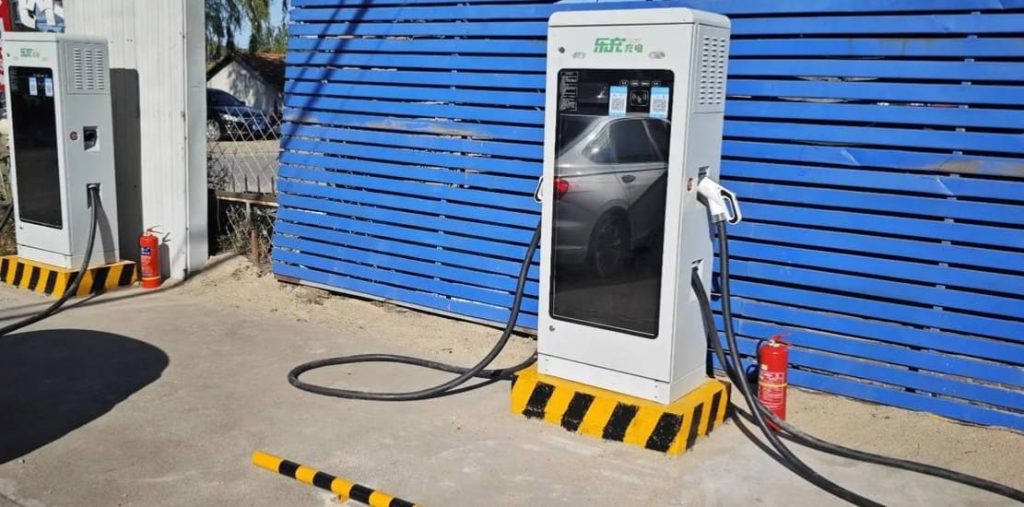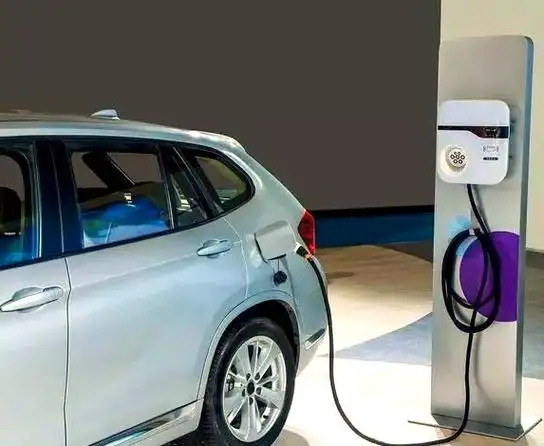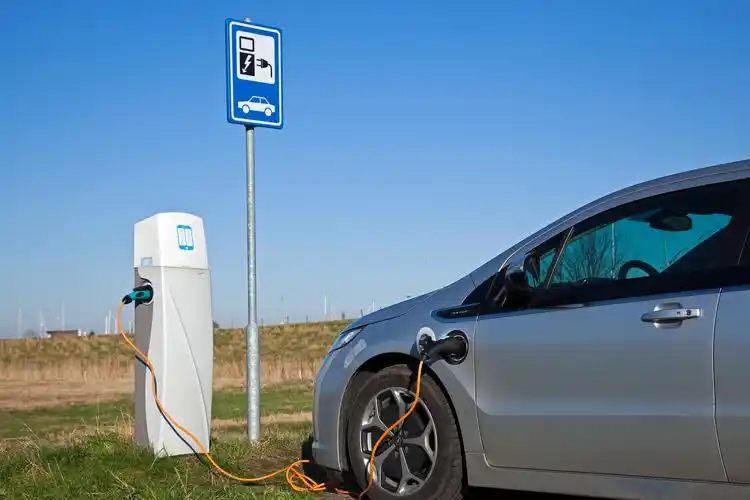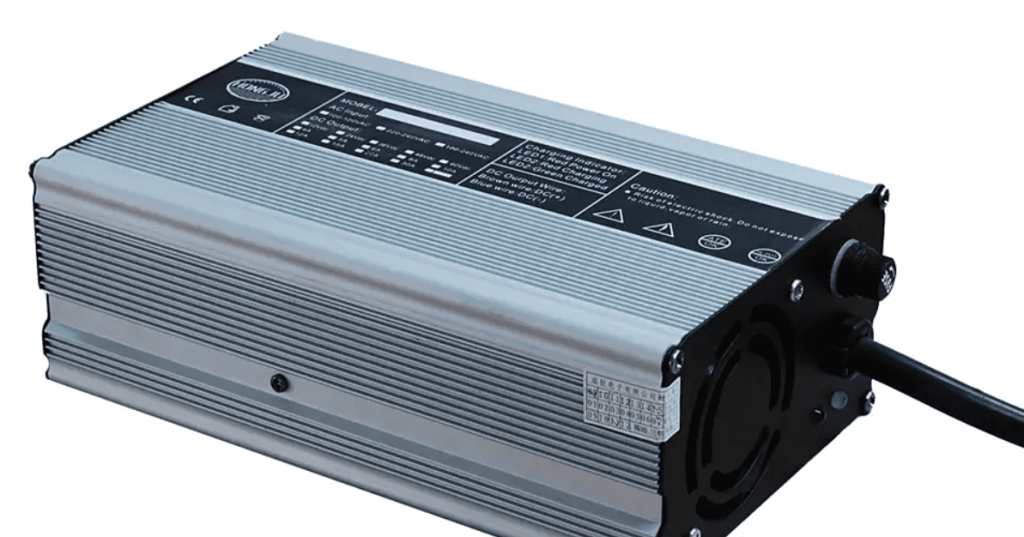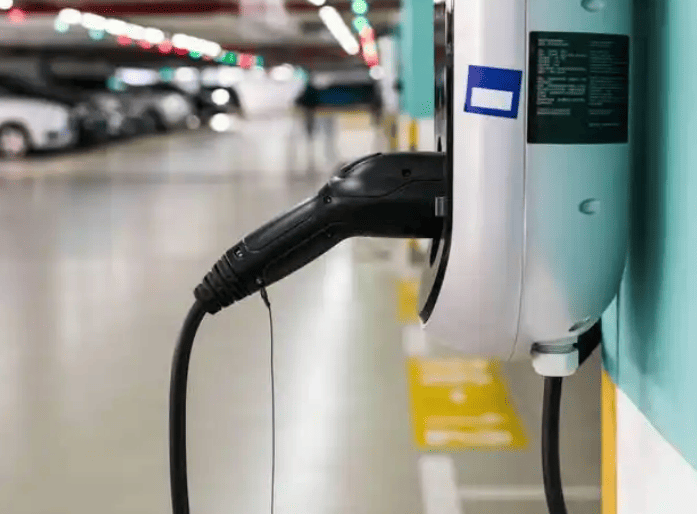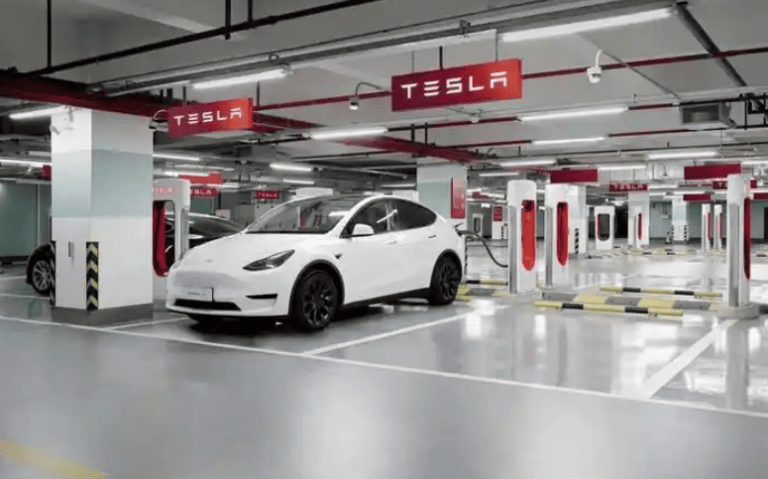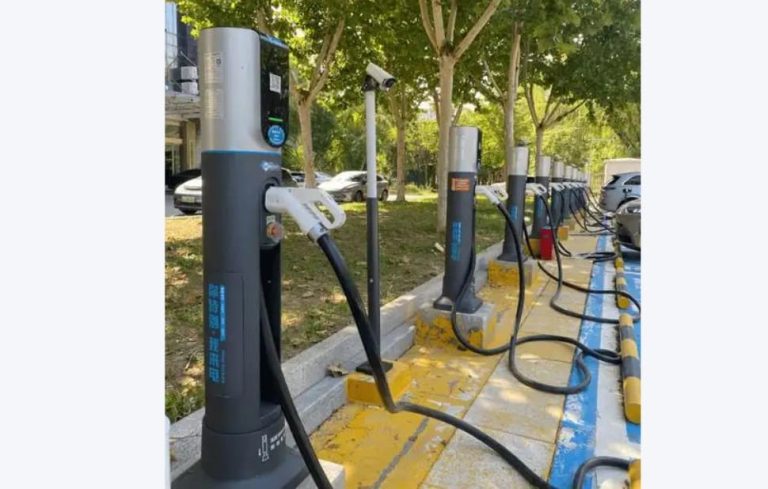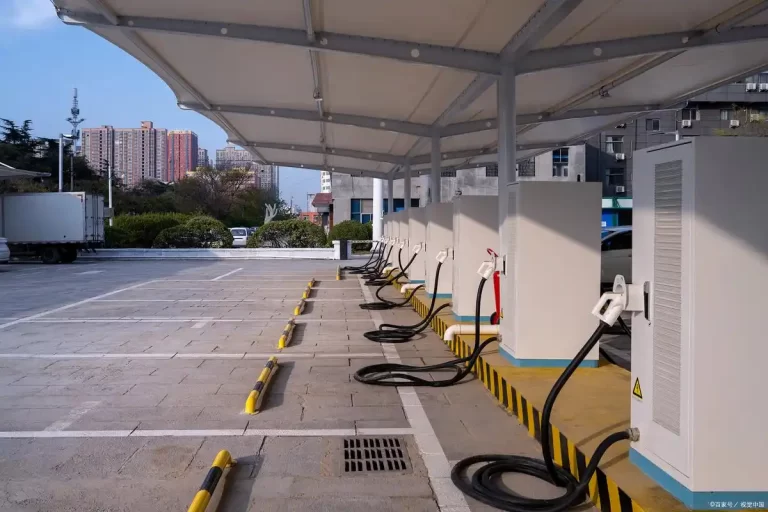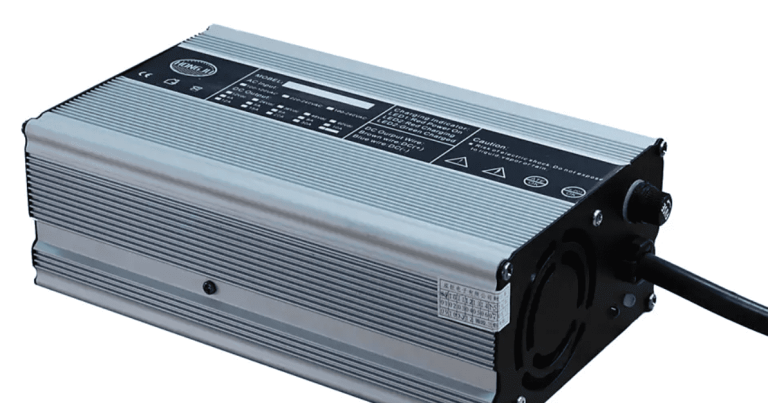Charging Stations Cost
The Charging Stations Cost can vary based on factors like the type of charger, charging speed, and additional features. Level 2 charging stations, commonly used for residential and commercial settings, can range from a few hundred to a few thousand dollars, depending on the brand and features. Level 3 charging stations, or DC fast chargers, which provide faster charging, are more expensive and can cost several thousand to tens of thousands of dollars. Factors such as networking capabilities, payment systems, and installation costs should also be considered. It’s recommended to research different options and consult with charging station manufacturers or suppliers to determine the specific cost for your charging station needs.
Charger installation cost
Charger installation cost for electric vehicles (EVs) can vary depending on several factors, including the type of charger, electrical infrastructure requirements, and any necessary upgrades or modifications to the existing electrical system.
When considering the installation cost, it’s important to distinguish between Level 1, Level 2, and Level 3 chargers:
- Level 1 chargers: These chargers typically come with the EV and can be plugged into a standard household electrical outlet. As a result, installation costs are minimal since no additional electrical work is usually required.
- Level 2 chargers: These chargers offer faster charging speeds than Level 1 chargers and require a dedicated 240-volt circuit. The installation cost for Level 2 chargers typically involves professional electrical work, including running new wiring, installing a dedicated circuit breaker, and mounting the charger. The cost can range from a few hundred to a few thousand dollars, depending on factors such as the distance from the electrical panel, complexity of the installation, and any necessary electrical upgrades.
- Level 3 chargers: Also known as DC fast chargers, Level 3 chargers provide the fastest charging speeds and are commonly found in public charging stations. Installing Level 3 chargers requires more significant electrical infrastructure, including high-capacity electrical panels, transformers, and specialized wiring. As a result, the installation cost for Level 3 chargers is significantly higher compared to Level 2 chargers and can range from several thousand to tens of thousands of dollars, depending on the specific requirements and location.
Additional factors that can influence the installation cost include the need for permits, labor charges, trenching or conduit installation for underground wiring, and any necessary upgrades to the electrical service capacity of the building.
It’s important to note that installation costs can vary depending on regional factors such as local labor rates and electrical regulations. It’s recommended to obtain multiple quotes from licensed electricians or EV charger installation professionals to get a better understanding of the specific costs for your location and requirements.
In summary, the installation cost of EV chargers can vary based on the charger type, electrical infrastructure needs, and any necessary electrical upgrades. While Level 1 chargers typically have minimal installation costs, Level 2 and Level 3 chargers involve more complex electrical work and can range from a few hundred to tens of thousands of dollars. Obtaining quotes from professionals is advisable to accurately determine the installation cost for your specific circumstances.
Electric Vehicle Charging Cost
The cost of charging an electric vehicle (EV) primarily depends on the electricity rates in your area and the charging method you use. Similar to how gasoline prices can vary, the cost of charging an EV can differ depending on location and electricity provider.
When it comes to residential charging, there are typically two primary methods:
- Charging at home: Many EV owners choose to install a Level 2 charging station at home. The cost of charging primarily depends on your electricity rate per kilowatt-hour (kWh), which can vary based on your utility provider and time of use. You can find this information on your electricity bill or by contacting your utility company. Charging at home is often convenient and allows you to take advantage of lower electricity rates during off-peak hours.
- Public charging: Public charging stations may have different pricing structures. Some stations charge a flat fee for a specific time period, while others charge per kilowatt-hour. Public charging costs can also vary depending on the location and the charging network operator. It’s important to check the pricing details displayed at the charging station or on the associated mobile app or website to understand the specific costs.
In general, the cost per kilowatt-hour for charging an EV is typically lower than the cost per gallon of gasoline for traditional vehicles. However, the actual cost will depend on your electricity rates, the charging efficiency of your EV, and the distance you drive.
To estimate the charging cost, you can multiply the energy (in kilowatt-hours) consumed during charging by the electricity rate per kilowatt-hour. For example, if your electricity rate is $0.12 per kilowatt-hour and you charge your EV with a battery capacity of 60 kWh, the cost would be approximately $7.20 (0.12 * 60).
It’s worth noting that some electricity providers offer special EV charging rates or time-of-use plans that provide lower rates during off-peak hours when electricity demand is lower. Taking advantage of such plans can help reduce charging costs.
It’s important to keep in mind that charging costs may also vary based on factors such as battery size, charging efficiency, and driving patterns. Additionally, as the EV charging infrastructure evolves, new pricing models and programs may emerge, influencing the cost of charging an EV.
In summary, the cost of charging an electric vehicle depends on electricity rates in your area and the charging method you choose. Residential charging costs depend on your electricity rate per kilowatt-hour, while public charging costs can vary depending on the pricing structure of the charging station or network operator. By understanding your electricity rates and exploring available charging plans, you can estimate and manage the cost of charging your EV effectively.
Electric Vehicle Charger Price
The price of an electric vehicle (EV) charger can vary depending on several factors, including the type of charger, charging speed, features, and brand.
- Level 1 Chargers: Level 1 chargers typically come as a standard accessory when you purchase an electric vehicle. They are designed to be plugged into a standard household electrical outlet (120 volts) and offer the slowest charging speed. Since they are included with the vehicle, Level 1 chargers are generally provided at no additional cost.
- Level 2 Chargers: Level 2 chargers provide faster charging speeds compared to Level 1 chargers. They require a dedicated 240-volt electrical circuit and are commonly used in residential, commercial, and public charging installations. The price of a Level 2 charger can range from a few hundred dollars for basic models to several thousand dollars for more advanced units with additional features like smart connectivity, Wi-Fi integration, and load management capabilities.
- Level 3 Chargers (DC Fast Chargers): Level 3 chargers, also known as DC fast chargers, offer the fastest charging speeds and are typically found in public charging stations or along highways. These chargers require specialized electrical infrastructure and can be quite expensive. The price of a Level 3 charger can range from several thousand dollars to tens of thousands of dollars, depending on the power output, brand, and additional features.
It’s important to consider installation costs in addition to the charger itself. Professional installation by a licensed electrician is recommended for Level 2 and Level 3 chargers to ensure compliance with electrical codes and safety standards. The installation cost will depend on factors such as the electrical work required, distance from the electrical panel, and any necessary upgrades or modifications to the electrical system.
In addition to considering the upfront cost of the charger, it’s also worth exploring potential incentives or rebates that may be available. Some governments, utility companies, and EV manufacturers offer incentives or programs to help offset the cost of purchasing and installing EV chargers.
Overall, the price of an EV charger can vary significantly depending on the charger type, charging speed, brand, and features. Conducting thorough research, comparing prices from different manufacturers or suppliers, and considering long-term charging needs can help you make an informed decision and find an EV charger that suits your requirements and budget.
Electric Vehicle Charging Station Set Up Cost
The cost of setting up an electric vehicle (EV) charging station can vary depending on several factors, including the type of charging station, location, infrastructure requirements, and any necessary permits or approvals.
Here are some key considerations regarding the setup cost of an EV charging station:
- Charging Station Equipment: The cost of the charging station equipment itself will depend on the type and features of the station you choose. Level 2 charging stations, which are commonly used for residential and commercial installations, typically range from a few hundred to a few thousand dollars. Level 3 charging stations, also known as DC fast chargers, are significantly more expensive and can range from several thousand to tens of thousands of dollars.
- Electrical Infrastructure: Setting up an EV charging station may require electrical upgrades or modifications to accommodate the charging station’s power requirements. This can include installing a dedicated circuit, upgrading the electrical panel, or rewiring. The cost of electrical infrastructure work will depend on the complexity of the installation and the existing electrical system in the location.
- Site Preparation: Site preparation costs can include tasks such as excavation, trenching, and running conduit for underground wiring. These costs will vary based on the specific site conditions and the distance between the charging station and the electrical source.
- Permits and Approvals: Obtaining permits and approvals from local authorities may be necessary for installing an EV charging station. These costs can vary depending on the location and the specific requirements of the jurisdiction.
- Installation Labor: Professional installation by a licensed electrician is typically recommended for setting up EV charging stations. The labor costs will depend on the complexity of the installation, the time required, and local labor rates.
- Networking and Payment Systems: If you plan to offer public charging services, you may need to invest in networking and payment systems, which can include software, hardware, and subscriptions to charging networks. These costs can vary depending on the level of connectivity and functionality desired.
It’s worth noting that some governments, utility companies, and organizations offer incentives, grants, or programs to support the installation of EV charging stations. These incentives can help offset some of the setup costs.
To accurately estimate the setup cost of an EV charging station, it’s recommended to consult with professionals in the industry, such as EV charging station manufacturers, suppliers, or experienced electricians. They can assess the specific requirements of your installation, provide cost estimates, and guide you through the process to ensure compliance with local regulations and industry standards.
In summary, the setup cost of an EV charging station can vary based on factors such as the type of station, electrical infrastructure requirements, site preparation, permits, installation labor, and networking/payment systems. Thorough research, planning, and consultation with industry experts can help you determine the appropriate setup cost for your specific EV charging station project.












